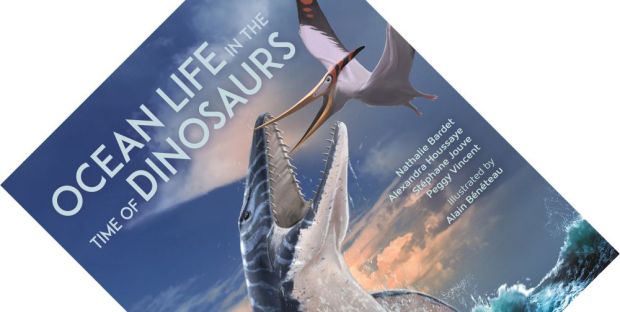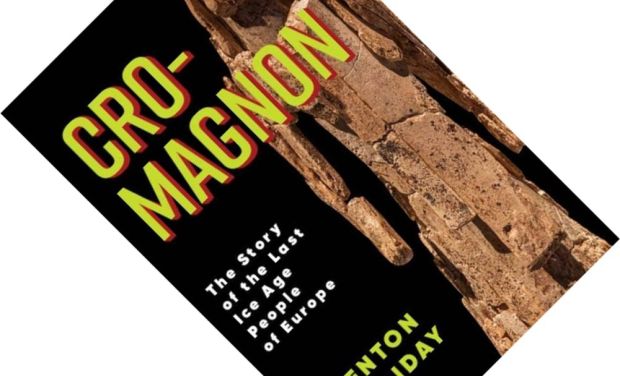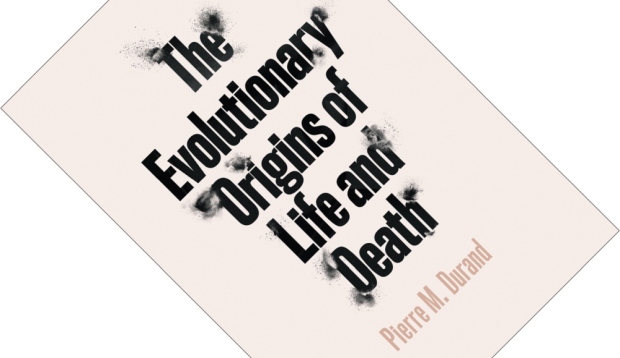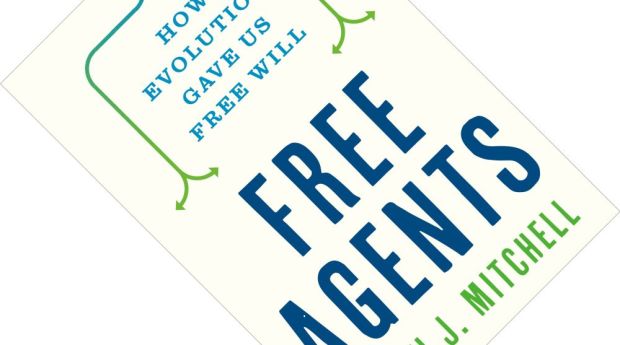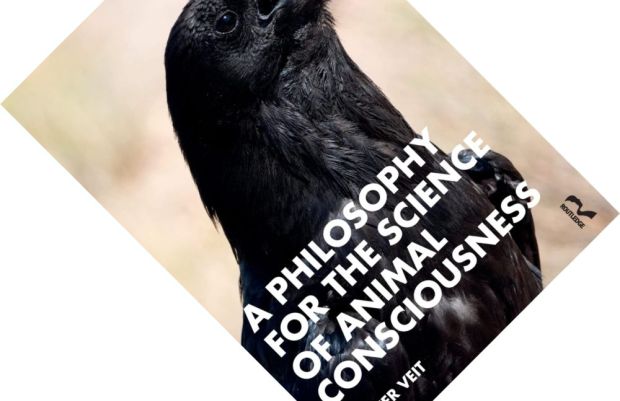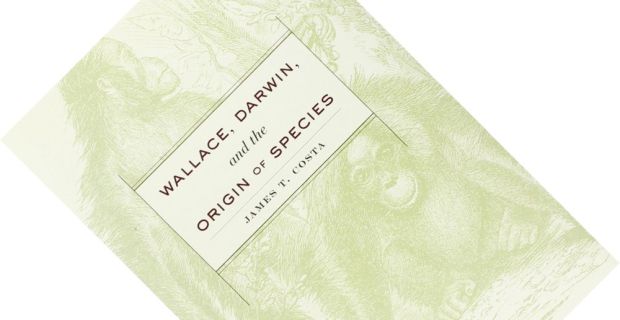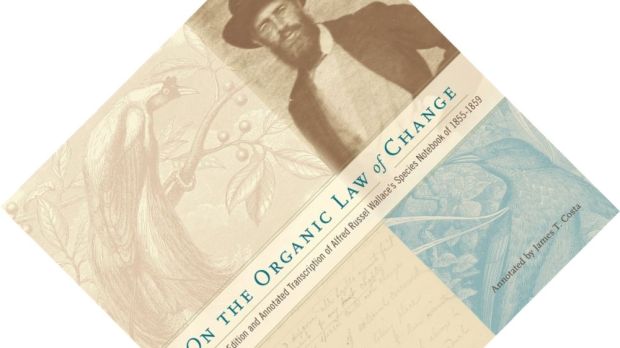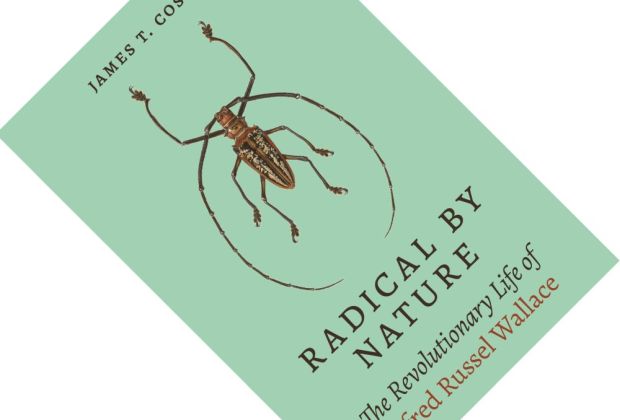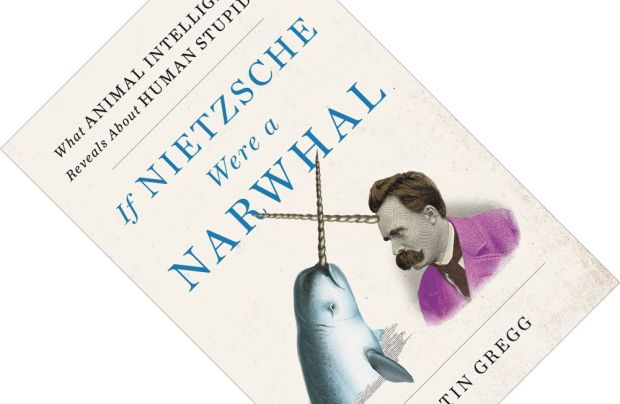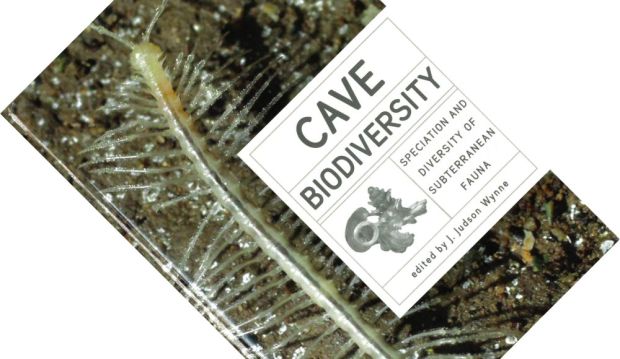5-minute read
keywords: evolutionary biology, paleontology
In this review, I am revisiting the spectacular diversity of marine reptiles that flourished in the planet’s oceans and waterways during the time of the dinosaurs. After having gone without popular titles on the subject for almost two decades since Richard Ellis’s Sea Dragons in 2005, suddenly we have three. Last year April-May I reviewed Ancient Sea Reptiles and The Princeton Field Guide to Mesozoic Sea Reptiles, and mentioned that this book was in the works. Ocean Life in the Time of Dinosaurs was originally published in French in 2021 as La Mer au Temps des Dinosaures by Belin/Humensis and has been translated into English by Mark Epstein. Technically speaking that makes it the first of this recent crop, though the English translation was only published in November 2023, after the aforementioned two works. It brings together four French palaeontologists and one natural history illustrator for a graphics-heavy introduction. So, what is in this book, and how does it compare?

